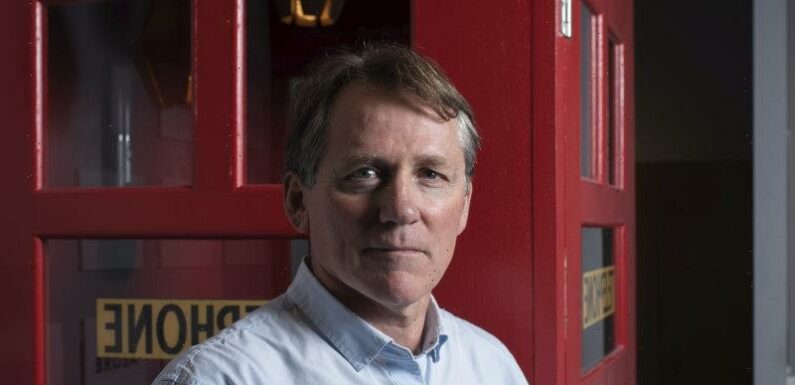
One hundred and twenty million dollars would burn a hole in most people’s wallets. Not David Kirk.
The managing director of Bailador Technology Investments has sat on the cash since the Australian firm, which invests in start-ups, saw some of its companies sold or list on the stock exchange in the dizzying heights of late 2021 and early 2022.
In a blunt note to the shareholders of his $180 million company issued this month, Kirk and his co-founder Paul Wilson, explained why Bailador did not invest in a single new start-up in 2022.
David Kirk of Bailador Credit:Christopher Pearce
It is the clearest illustration of a trend in investors closing their chequebooks that has led to dozens of Australian start-ups and tech firms cutting staff over the past 12 months but which many in the industry have played down. Bailador’s letter begins with the economic consequences of events such as the war in Ukraine that roiled the market from early last year.
“While public company valuations reacted almost immediately to high inflation and interest rate
rises, private company valuations did not,” Kirk and Wilson wrote. “Initially, there was denial.”
Higher interest rates means companies that are valued on their long-term earnings prospects should be worth less in the present because the cost of waiting for those earnings to appear is greater.
‘We know from experience the old saying, “invest in haste, repent at leisure” remains as true today as it was yesterday.’
“It’s maths,” said Kirk, who was once chief executive of Fairfax Media, the former owner of this masthead.
But still start-up founders kept asking for investments on terms that deemed their companies to be worth a huge amount relative to their sales in early 2022.
“We simply declined to consider these,” Kirk and Wilson wrote.
Eventually, start-ups began lowering their requests marginally. Then they turned to existing investors, who have an interest in keeping them growing, for cash top-ups. Bailador put money into some companies it had already backed that way, but was otherwise uninterested, seeing no deals in the hundreds it reviewed that met its quality threshold.
“No doubt we are too conservative in some cases, but we know from experience the old saying, ‘invest in haste, repent at leisure’ remains as true today as it was yesterday,” Kirk and Wilson wrote.
Overall, Bailador’s strategy has meant it outperformed other ASX tech stocks, which are a good but not perfect comparison. The company – which has stakes in several health technology companies and hotel software platform SiteMinder, but wrote down to zero its investment in failed furniture store Brosa – is up about 3 per cent compared with this time last year, while the local exchange’s all technology index is down about 13 per cent.
Other technology investors approached the year very differently, avoiding the perception that Bailador has gained from some in the industry of being in hibernation.
Blackbird Ventures, which is not listed but raised $1 billion across three funds last year, made 39 investments last year worth a combined $203.5 million, of which 22 were in new companies.
“At Blackbird, we do not try to time the market, instead investing consistently year after year,” said Niki Scevak, a partner at the fund. “Great companies are started in good times and in bad. We try not to get too happy in up markets and too sad in bad ones.”
AirTree Ventures, another large venture capital fund, made 27 investments in 2022, with about half in firms the company had previously backed. That is down sharply from 47 the year before.
“We also intentionally backed more early-stage companies, with 79 per cent of last year’s new investments being seed or pre-seed, up from 55 per cent in 2021, and 36 per cent of these deals were into pre-revenue companies,” said AirTree partner Jackie Vullinghs.
Kirk, who is careful not to criticise founders for seeking high valuations in the belief their company is special or other funds for backing them, is hopeful the fund will do more investments in 2023 as valuations come back to earth.
“It’s [been] tough for founders and also tough for investors who put money in at those higher valuations,” he said.
The Business Briefing newsletter delivers major stories, exclusive coverage and expert opinion. Sign up to get it every weekday morning.
Most Viewed in Technology
From our partners
Source: Read Full Article
